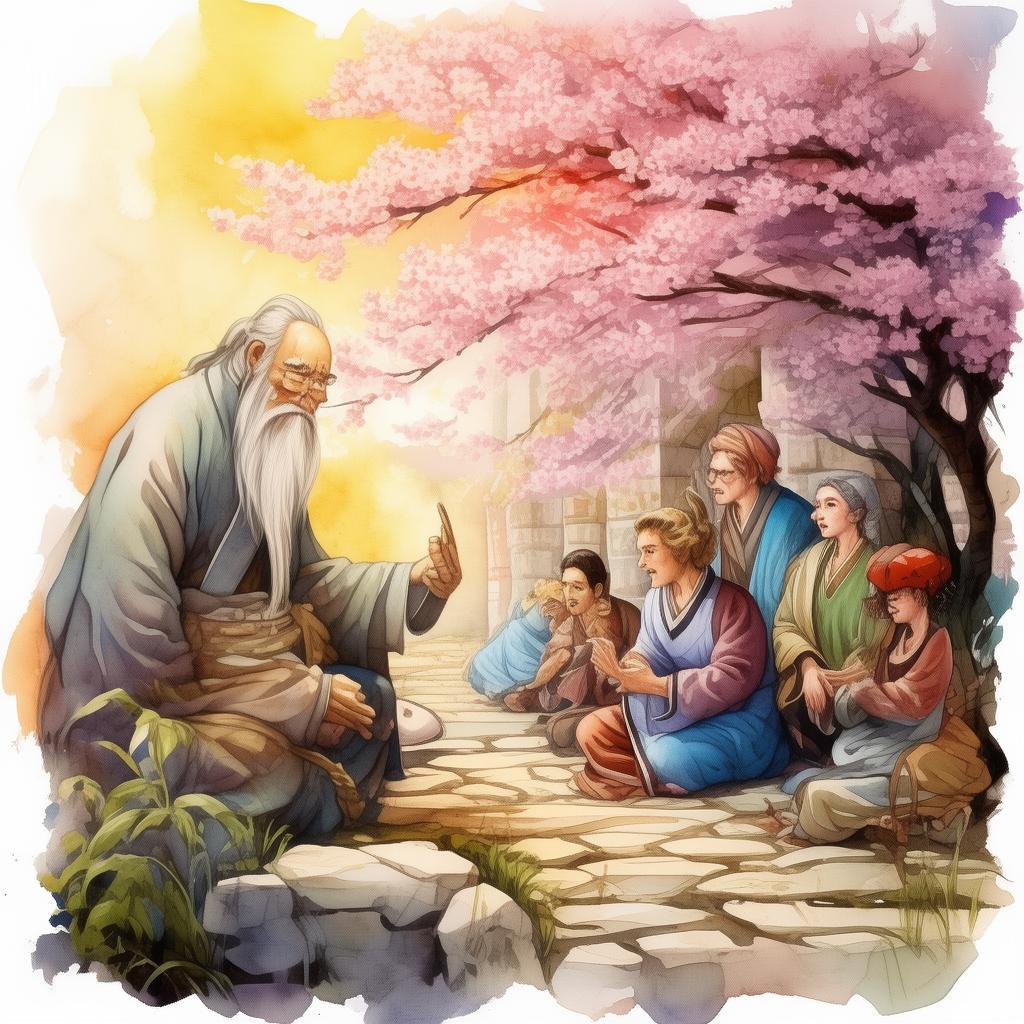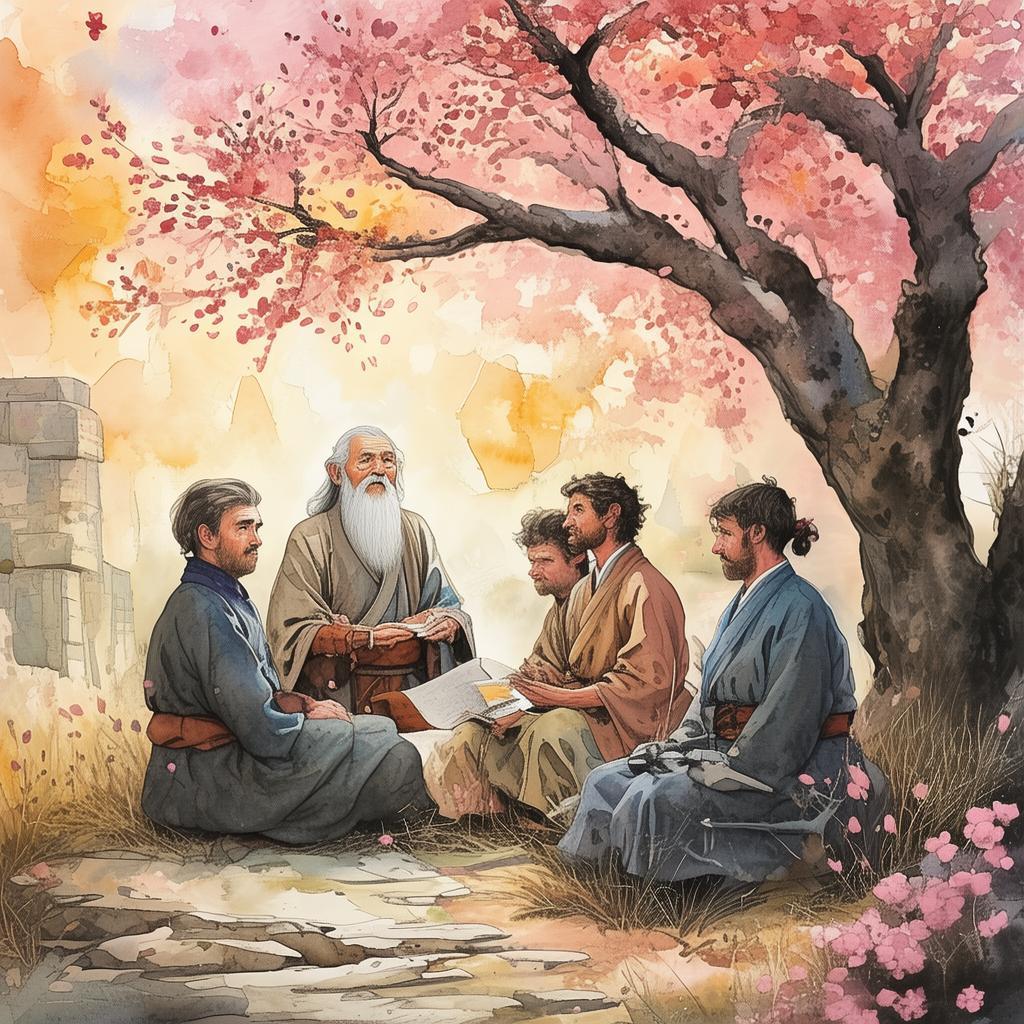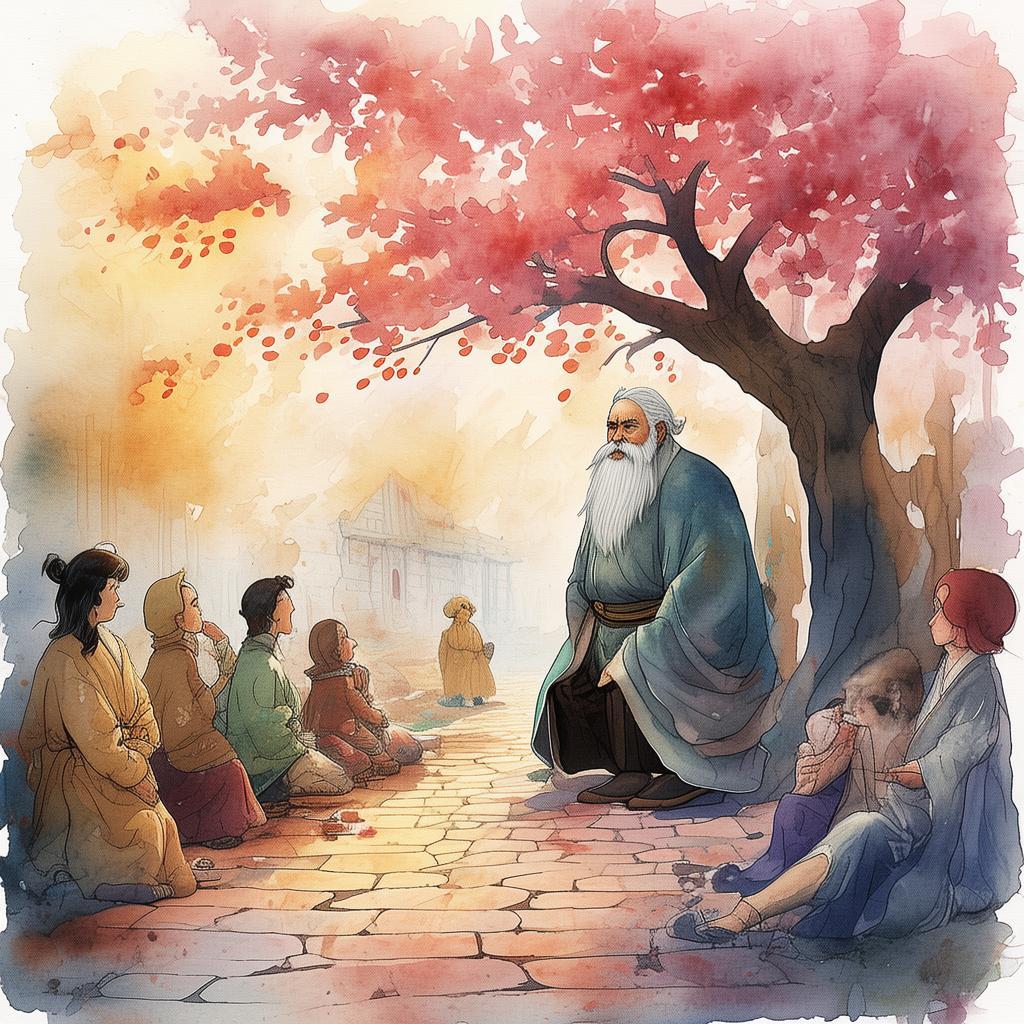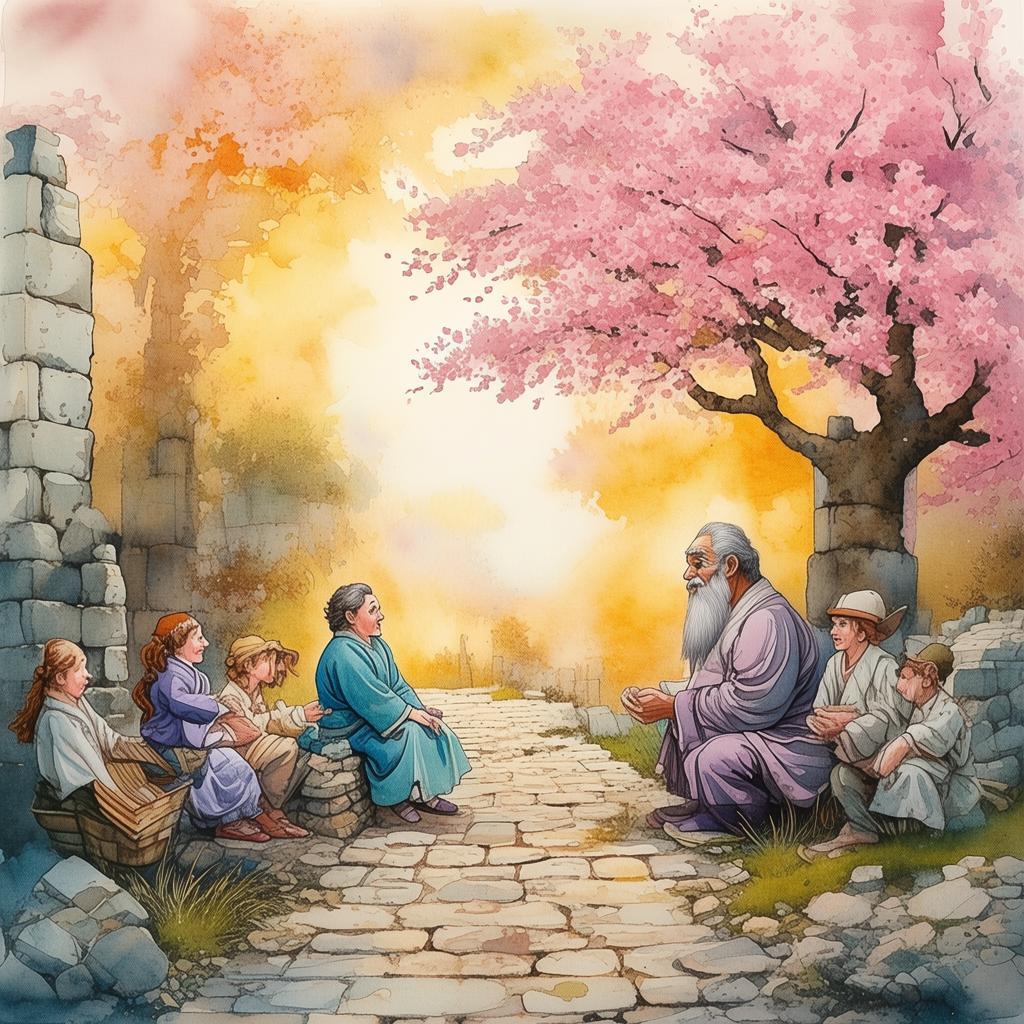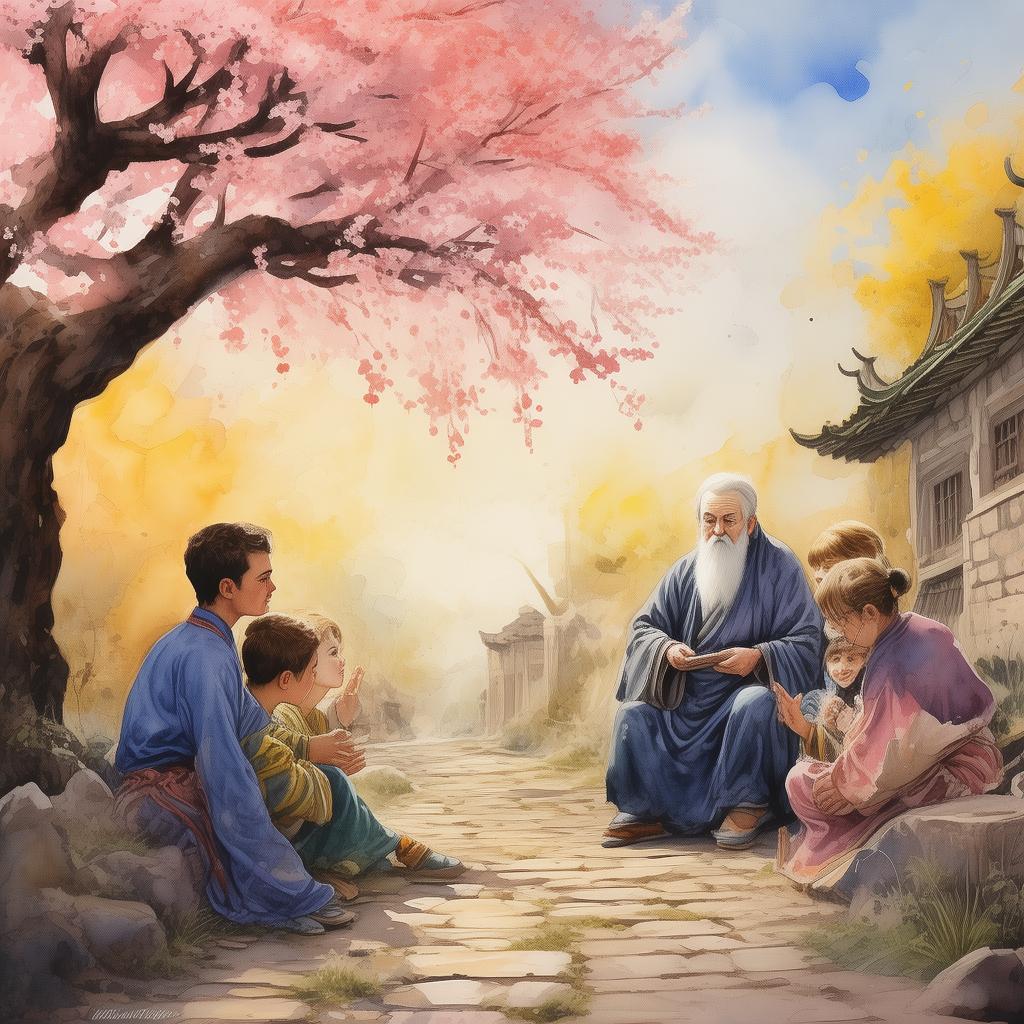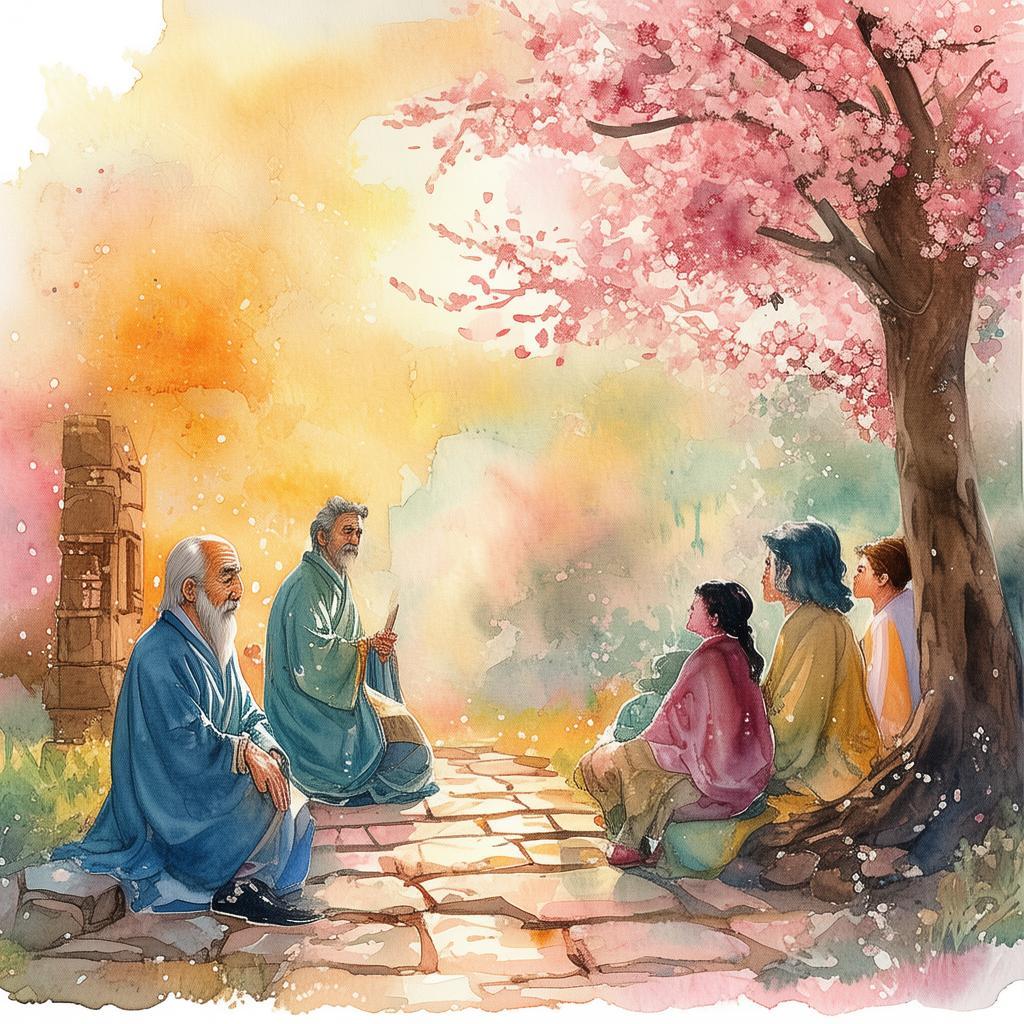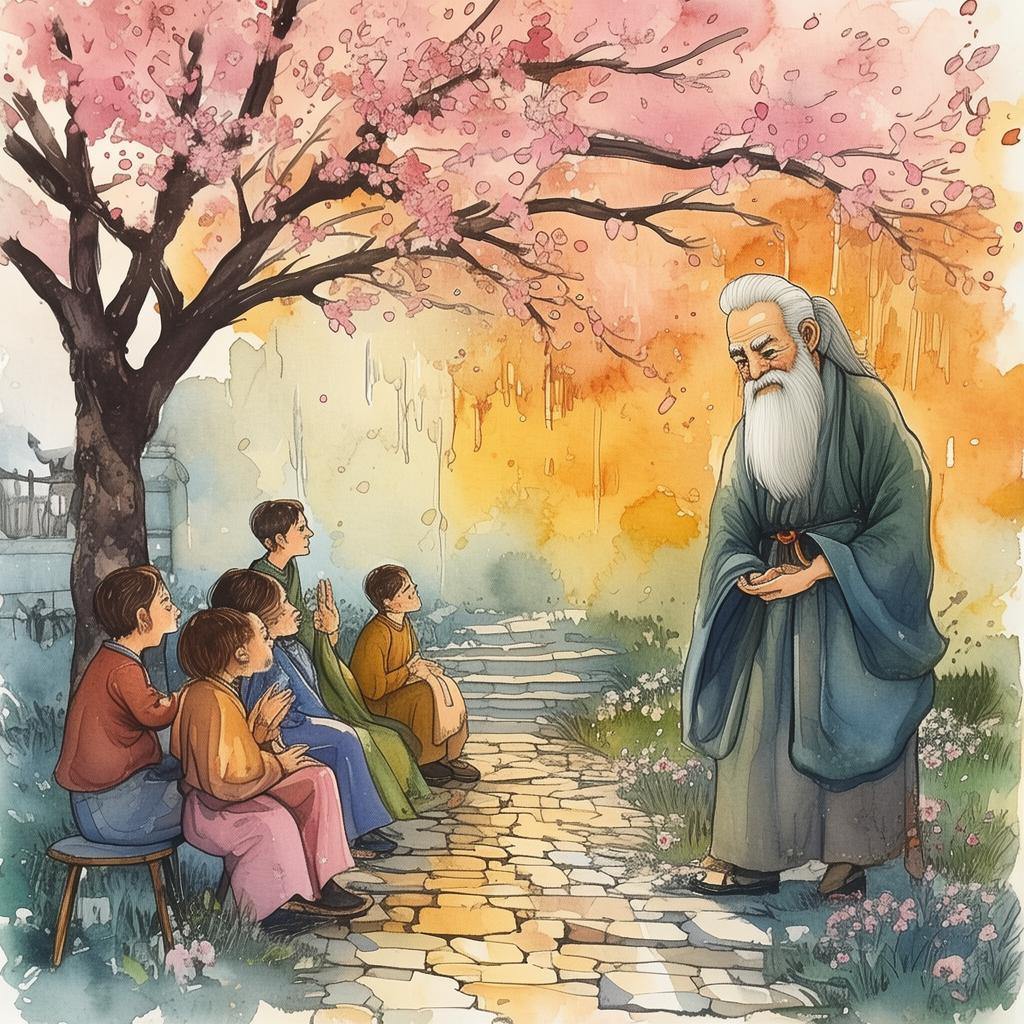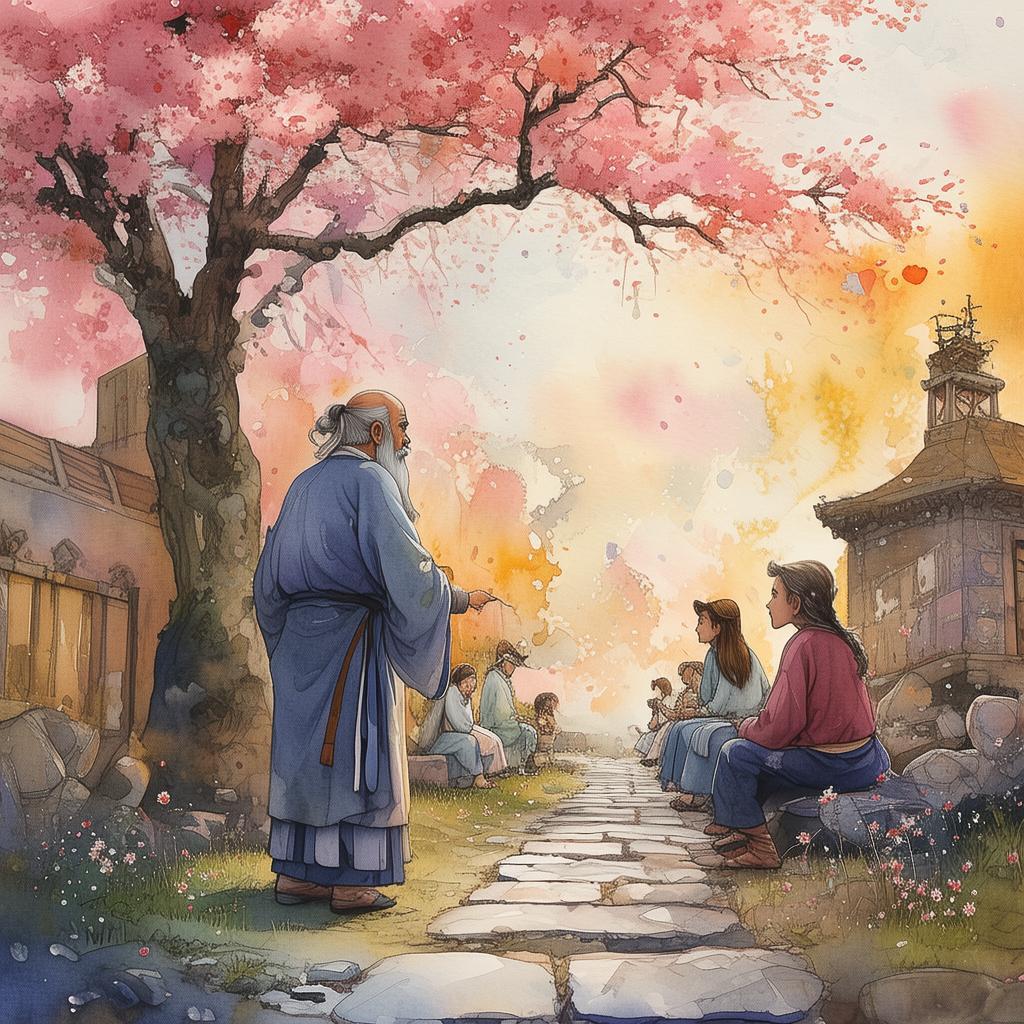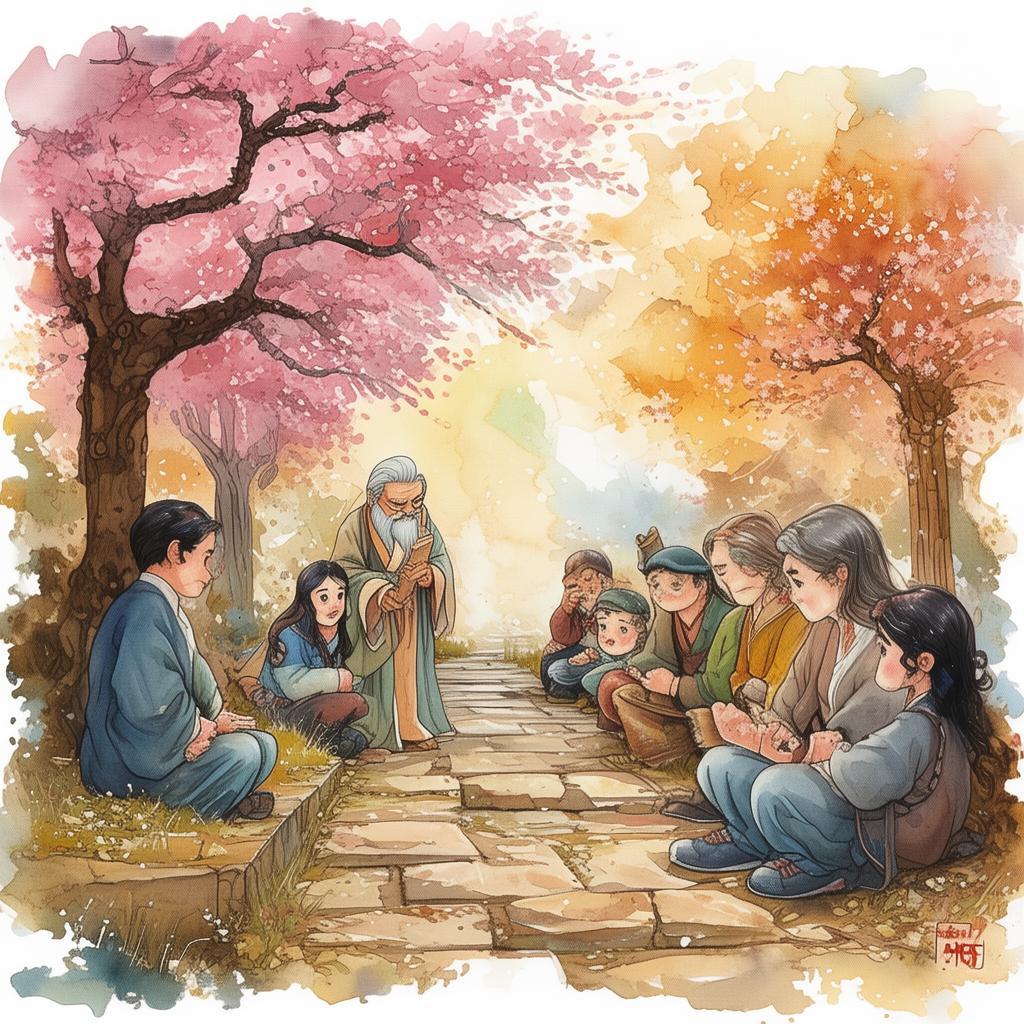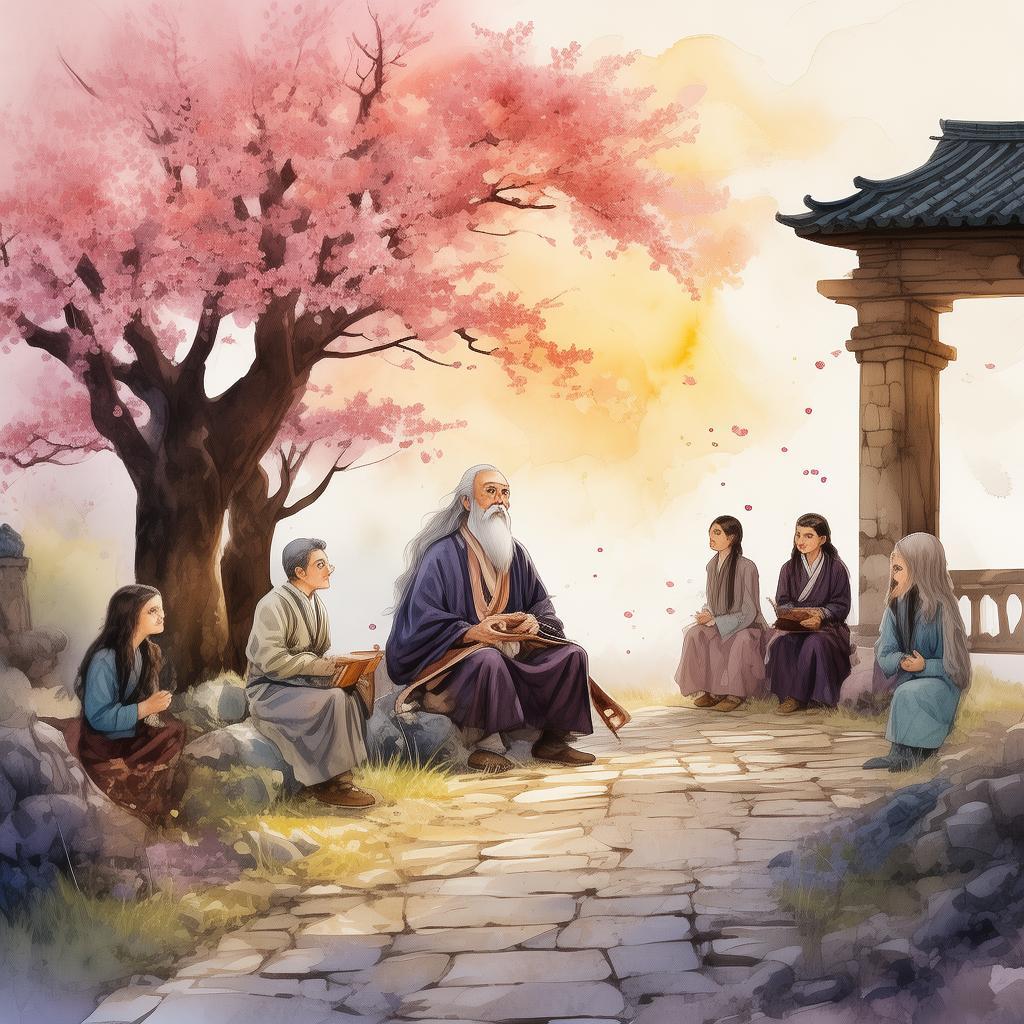The Scholar's Dilemma: The Paradox of Tomorrow
In the year 2147, the world had reached a technological pinnacle where the impossible had become possible. One such marvel was the ChronoSphere, a device that allowed its users to travel through time. It was a marvel of scientific achievement, but with great power came great responsibility, or so the saying went.
Dr. Liang Wei, a renowned scholar and professor of philosophy, had always been fascinated by the implications of time travel. His lectures were filled with paradoxes, the most famous being the Schrödinger's Cat paradox, which he would often illustrate with intricate thought experiments. But there was one paradox that had always haunted him: The Scholar's Paradox.
The Scholar's Paradox posited that if a scholar were to travel back in time to save a child from drowning, the very act of preventing the drowning would create a new timeline, where the child would never have been at risk in the first place. The paradox was a moral quagmire: was it right to interfere with the natural course of events, even if it meant saving a life?
Dr. Liang had always been torn between the allure of manipulating time and the weight of his ethical principles. One fateful day, as he was contemplating this paradox in his study, a knock came at the door.
"Dr. Liang, you've been selected to participate in the ChronoSphere program," a young researcher named Zhang said, her eyes gleaming with excitement.
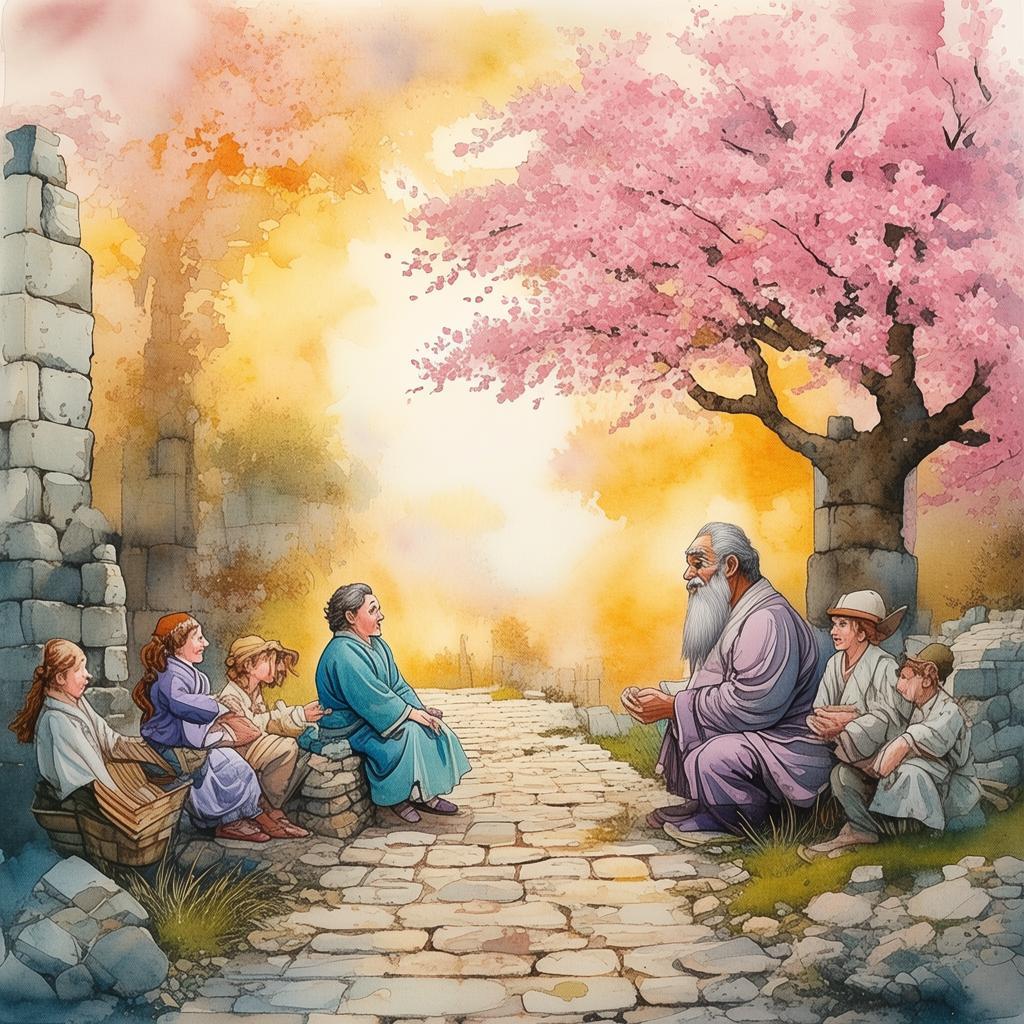
"Selected?" Dr. Liang asked, his curiosity piqued.
"Yes, the government believes your expertise in philosophy and your understanding of time travel paradoxes make you the ideal candidate," Zhang replied.
Dr. Liang, intrigued but cautious, agreed to participate. The first mission was straightforward: travel back to the year 1997 and retrieve a lost manuscript that had the potential to revolutionize the field of philosophy.
The journey was seamless, the ChronoSphere gliding through the fabric of time with the grace of a swan. Dr. Liang found himself in the bustling streets of Shanghai, the air thick with the scent of street food and the sound of bustling crowds.
He quickly located the library where the manuscript was believed to be hidden. As he approached, he saw a child struggling in the river nearby. Without hesitation, he dove in and saved the child.
The moment of rescue was a blur of water and effort. When Dr. Liang emerged, gasping for breath, he looked around to see the timeline had indeed shifted. The child was there, but the library and the manuscript were gone.
Dr. Liang's mind raced. He had created a new timeline, one where the manuscript was never lost and the child was never saved. He was now faced with a new dilemma: should he return to the past and try to change his actions, or should he accept the new reality and try to save the child in this altered timeline?
Dr. Liang decided to return to the past. He repeated the process, saving the child and diving into the river, but this time, he made a crucial decision. Instead of returning to the ChronoSphere immediately, he stayed in the past, watching and learning from the child's life.
Years passed, and Dr. Liang became an integral part of the child's life, guiding him as he grew into a wise and thoughtful man. The child, now a grown adult, had become a renowned philosopher in his own right, carrying on Dr. Liang's legacy.
As the years drew to a close, Dr. Liang realized that he had not only preserved the manuscript but had also saved the future by allowing the child to live his life. He had learned that the true power of the ChronoSphere was not in changing the past, but in understanding and embracing the consequences of our actions.
The Scholar's Paradox had been resolved, not through the manipulation of time, but through the understanding that the future is shaped by the choices we make in the present.
Dr. Liang returned to his own time, his mind filled with a newfound clarity. He realized that the ChronoSphere, with its promise of altering the past, was just a tool, a means to an end. The true end was to live with integrity, to make decisions that would lead to a better future, and to accept that sometimes, the best we can do is to be present.
The Scholar's Dilemma: The Paradox of Tomorrow was a tale of moral quandary, time travel, and the ultimate realization that the power to change the future lies not in the hands of the scholars, but in the hearts of those who live in it.
✨ Original Statement ✨
All articles published on this website (including but not limited to text, images, videos, and other content) are original or authorized for reposting and are protected by relevant laws. Without the explicit written permission of this website, no individual or organization may copy, modify, repost, or use the content for commercial purposes.
If you need to quote or cooperate, please contact this site for authorization. We reserve the right to pursue legal responsibility for any unauthorized use.
Hereby declared.
